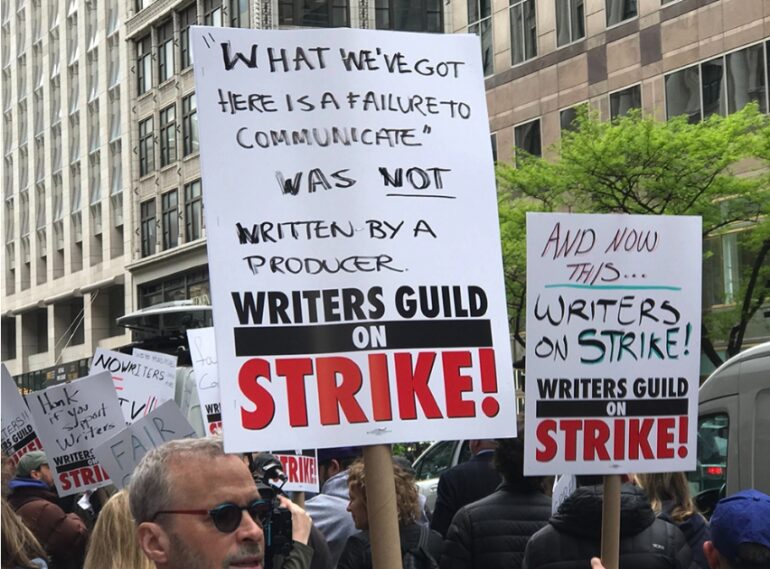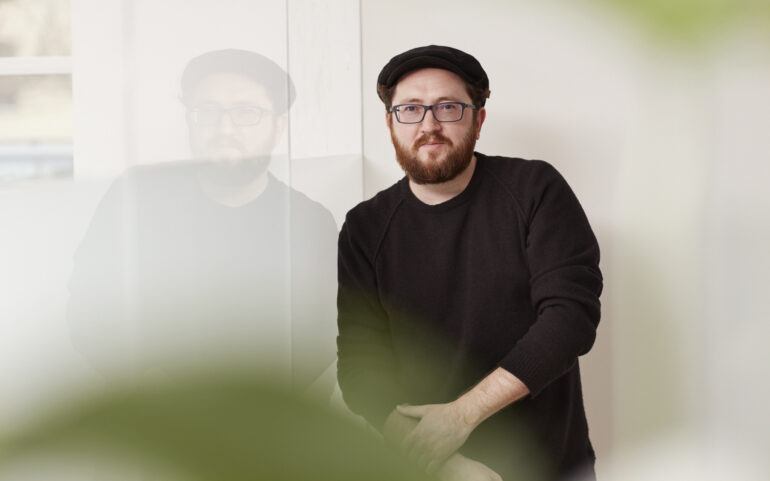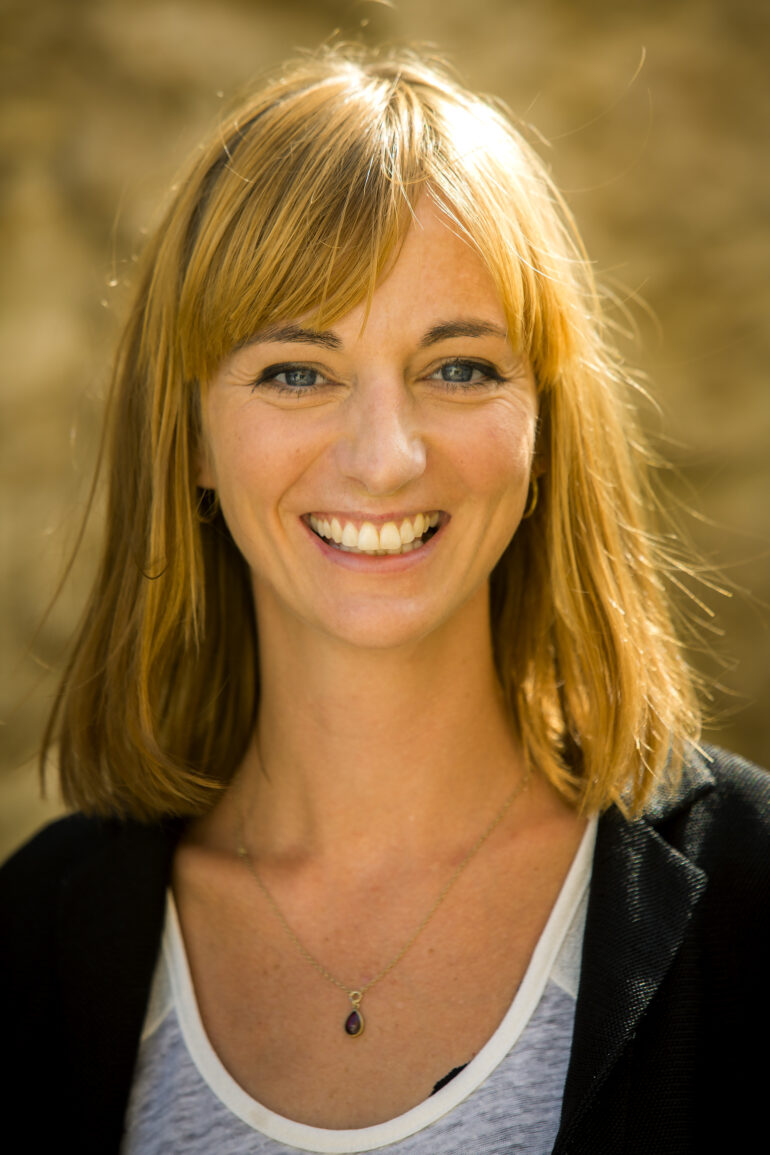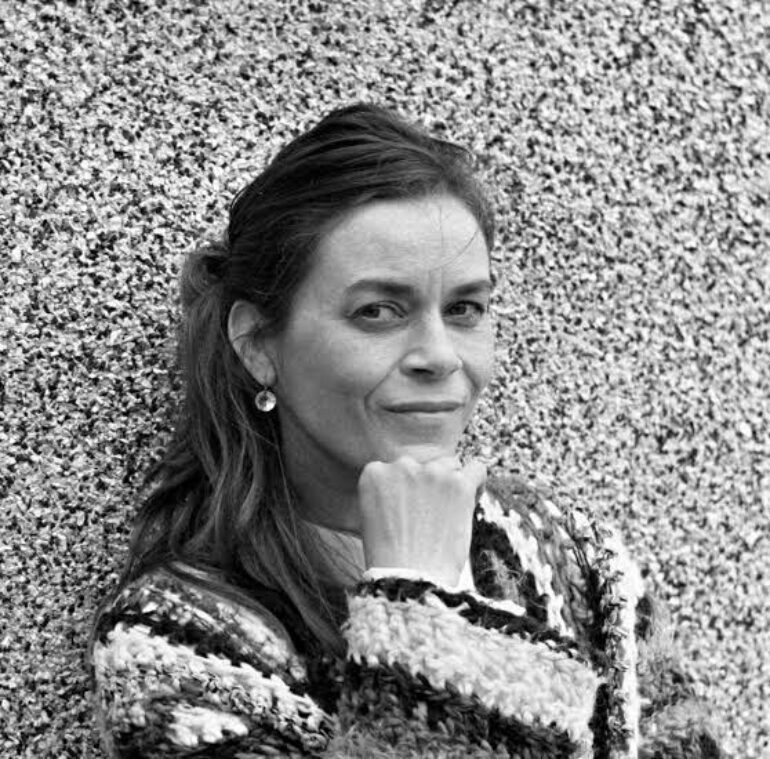Written by: Annika Pham
11.05.23
The five Nordic writers Guilds all stand in solidarity with the Writers Guild of America’s strike, now in its second week, and relate to their concerns in the age of streaming.
As the global film industry is preparing for the Cannes Film Festival and Marché du Film, all eyes and ears are also focused on Hollywood where the Writers Guild of America (WGA) and its 11,500 members are having their biggest strike action in 16 years, a movement which started May 2.
At stake are writers’ plea for a fairer remuneration and better working conditions in the streaming age.
The biggest bones of contention between WGA and the Alliance of Motion Picture and Television Producers (AMPTP) representing the Hollywood Studios and giant streamers are the guaranteed TV staffing and length of employment, compensation for the loss of residual fees in the streaming age, but also the not-so-far threat of AI to creative writers.
The five Nordic Writers Guilds have voiced their solidarity with their US counterparts and underlined similarities with their situations (see below).
The strike might not affect so much - for now - the feature film business, but the US TV sector and those associated to US shows, are already being impacted, including in the Nordics, such as Torfinnur Jákupsson (TROM) based between the Faroe Islands and Denmark: “I am a co-writer on a US and UK-set show in development that is affected by the current strike; which isn’t limited to the US,” he said.
Jákupsson also pointed out that Hollywood writers’ strike has a particular resonance for Denmark, following last year’s streaming crisis, and only underscores the need for a reshuffling of writers’ working conditions in today’s different entertainment economy. “As a Nordic writer, it is interesting to follow the US strike in light of what has been going on in the Danish industry over the past couple of years. The dispute here, involving streamers and networks, producers, creatives as well as the government, received a lot of criticism from all sides of the negotiating table as well as international attention. Now, it seems like it was just ahead of the curve. The trends are shifting, and the ripple effect is seen everywhere,” he noted before adding.
“I think it is a good time to re-evaluate the state of the industry and not least where we’re headed. It is an exciting time with new opportunities and new ways of working, but we also need to bear in mind what has worked well in the past and why. It is also time for a more open and transparent dialogue going forward, because in the end, we are all in this together,” he underlined.
For her part, Danish creator and writer Mette Heeno (Carmen Curlers, Snow Angels) who fully supports the WGA action, stressed the fragile eco-system in which writers are working today: “A lot has changed in the last couple of years in the ways series and film are being produced, distributed and watched,” she said.
“Some people are really good at making money from foreseeing and adjusting all these changes. Some people are not. Most writers are not. And eventually, this leads to situations where the rights of the writer, decent contracts, and guaranteed wages are just more obstacles to be overcome. This makes it more difficult for writers to make a living. And in the end, it makes it more difficult to uphold the sustainability of the entire business.”
While the WGA strike is gaining support internationally, the AMPTP has started talks with the Directors Guild of America (DGA) over 2023 contract terms. In the meantime, the international film community is holding its breath.
Statements from Nordic Writers Guilds:
- Writers Guild of Denmark - Danske Dramatikere
“The Danish writers guild stand in solidarity with the screenwriters of WGA and their struggle for fair remuneration and working conditions. We see it a a matter of great importance for writers all over the world to ensure a sustainable future for the craft in a time where new media and changes of behaviour recurrently bring the copyright of the writer into question.” - Writers Guild of Finland - Suomen Näytelmakirjailijat ja Käshikirjoitjat
Timo Enroth, General Secretary
“The Writers Guild of Finland fully supports the WGA strike. We encourage all writers to show solidarity for our colleagues in the US. Writers in America are fighting for the writers in Europe and the Nordics as well, especially since most of the business practices in the industry are formulated in the US. The producers and streaming companies are changing the business radically to a direction where buyouts of copyrights are becoming a norm and back-end and royalties an exception. Writers should be able to sustain a career in an industry that makes profit with their work. Also, the responsible use of AI requires the whole industry to cooperate which writers are willing to do.” - Writers Guild of Iceland - Félag leikskálda og handritshöfunda
Margret Ornolfsdóttir, chairperson
“The Icelandic Dramatists Union declares its full support for the strike and the fight for fair remuneration and working conditions of American screenwriters. It is a matter of great concern if our American colleagues, who we generally consider to have a stronger negotiating power than European writers, fail to defend their rights against the international streamers and studios, as these companies operate globally.
The fight of the Writers Guild of America is thus the fight of all writers, for fair remuneration and a fair share of the profits generated by their work.
“Unfortunately, we can relate all too well to the issues raised by WGA, but we have a long way to go here in Iceland in terms of fair remuneration, fair contracts and, frankly, just fair anything. Buy-out deals are still very much the norm, although I personally call them "give-a-way-deals", since there's hardly ever any additional payment offered for the wavering of rights. Profit sharing or back-end is a scarce thing to see in contracts, and even when there is, it's more likely than not, that it will never generate any profit whatsoever for the writer, due to accounting gimmicks.”
“It's dispiriting and motivating at the same time to discover that our big, strong brothers and sisters in the US are dealing with similar problems as we are, dispiriting because if they can't succeed, what chance do we have?“, and encouraging because increasingly we're a part of a global workspace, which puts us all more or less on the same boat, and that should create more solidarity among the writers of the world. To end this with an up-beat thought :)”
- Writers Guild of Norway - Dramatikerforbundet
Astrid H. Storrusten, General Secretary
“Writers Guild of Norway stand in solidarity with the screenwriters in WGA in their strike for fair remuneration and fair working conditions. We see many similarities with the issues raised by WGA. The streaming services have changed the whole structure of our industry, especially when it comes to remuneration of rights. Our members’ income, which previously relied heavily on royalties and compensation for re-use, have disappeared with the arrival of streaming services and new payment models, often in the form of lump sums and total buy-outs, have become more and more common. We can also relate to some of the issues which concern working conditions, and the up and coming problems concerning use of AI.” - Writers Guild of Sweden - Dramatikerförbundet
Susin Lindblom, Head of the association
“Scriptwriters in America are currently on strike. Many of the issues that the Writers´ Guild of America have raised in their negotiations are relevant also to Swedish and European scriptwriters, and we are grateful that they have chosen to take collective action. This fight will have a great significance for writers being able to support themselves, as well as for writers being able to exert artistic influence. The Writers´Guild of Sweden wishes to express our full support for our colleges in The Writers’ Guild of America, and we urge our members to show solidarity.



